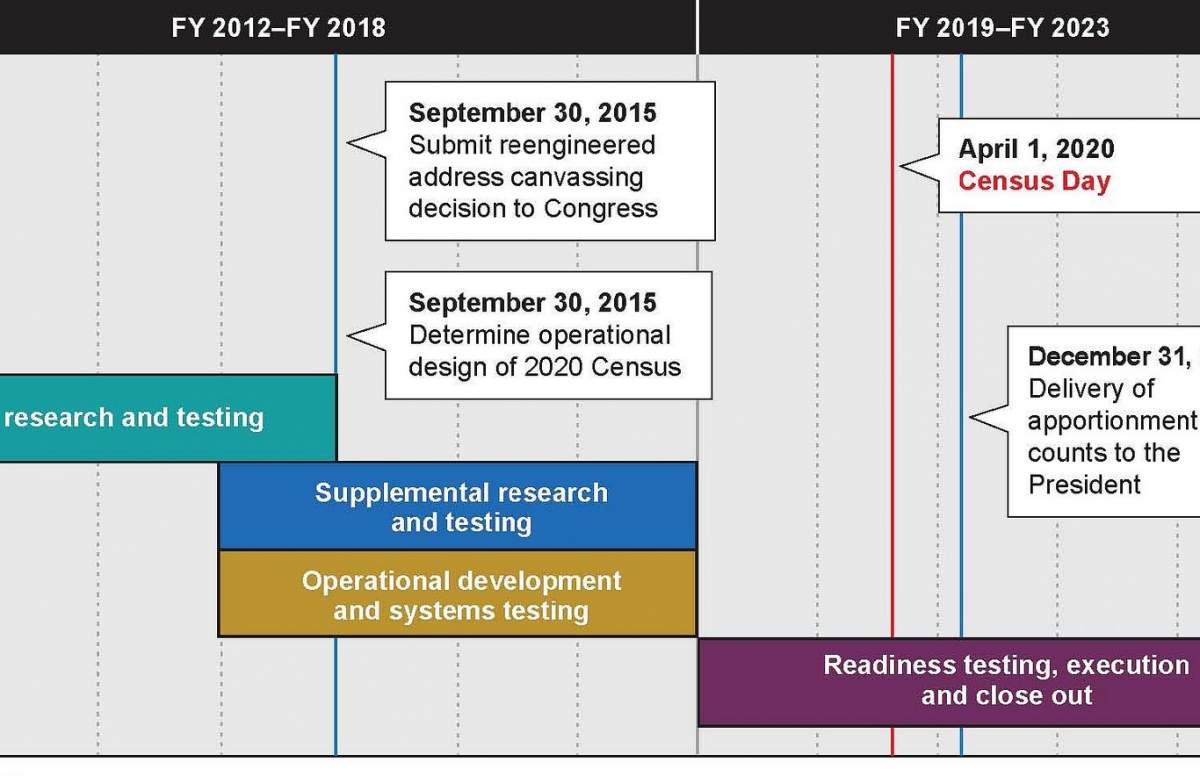
Noon Edition airs on Fridays at noon on WFIU.
"Is this person a citizen of the United States?"
At the behest of the Trump Administration, the 2020 US Census will seek the answer to that question -- the first time a US Census has included a citizenship question since 1950.
The inclusion of a citizenship question has sparked concerns that many people will opt not to take part in the survey due to fears that government officials or law enforcement will use their responses against them.
Several states, cities and groups are suing to have the question removed before 2020, in a bid to maintain the accuracy of the findings. The outcome of the census will ultimately have major effects on the electoral college, the distribution of tax funds, and several other areas of local, state, and federal government.
After a federal judge in New York ruled against the inclusion of the citizenship question in January, the Supreme Court will hear the case amid reports that the Census Bureau is facing serious personnel shortages ahead of the 2020 Census.
Join us this week on Noon Edition as we discuss the 2020 US Census and concerns about the citizenship question.
Guests
Brad Beaubien, Administrator for Long-Range Planning with the City of Indianapolis' Department of Metropolitan Development
Vicki Polansky, Member of the League of Women Voters of Bloomington-Monroe County
Nicholas Nagle, Associate Professor of Geography at the University of Tennessee and Member of the National Academy of Sciences Standing Committee on Reengineering the Decennial Census
Conversation
Nagle says it's crucial that states accurately account for everyone in order to receive appropriate federal funding.
"Our democracy is founded on the idea of representation based on population count," Nagle says. "Just as importantly, though, everyone's lives are impacted by federal funds that are allocated based on census data. $800 billion every year is distributed to states and local governments using census data. The biggest funds are health and human services, Medicaid, children's health insurance programs, foster care, and adoption assistance. States get money for these programs based on how many people they have and what their incomes are and the census is really important for this."
Beaubien says Indianapolis receives hundreds of millions of dollars in federal funding for crucial programs based on data from the census.
"In fiscal year 2018, Marion County and Indianapolis received more than $200 million in funding just to local government and non-profits and so that's a huge amount of investment in our community that goes to quality of life and quality of place and highways and schools and all those things that matter," Beaubien says. "So, it's incredibly important for us to get an accurate count and we have put together a campaign called ‘Count Me Indy,' which is our complete count committee. We have a group of community leaders and trusted voices that we're just starting to convene to talk about how we can build trust in our community so we have a complete and accurate count."
Polansky says she believes that an accurate census is both a cause and symptom of good governance. She says that the citizenship question is a barrier to a good census, which is the stance of the League of Women Voters at the national level.
"Nationally, the League of Women Voters is strongly opposed to including the citizenship question on the 2020 Census because the weight of scientific evidence indicates that including that question would jeopardize the accuracy of the census," Polansky says.






